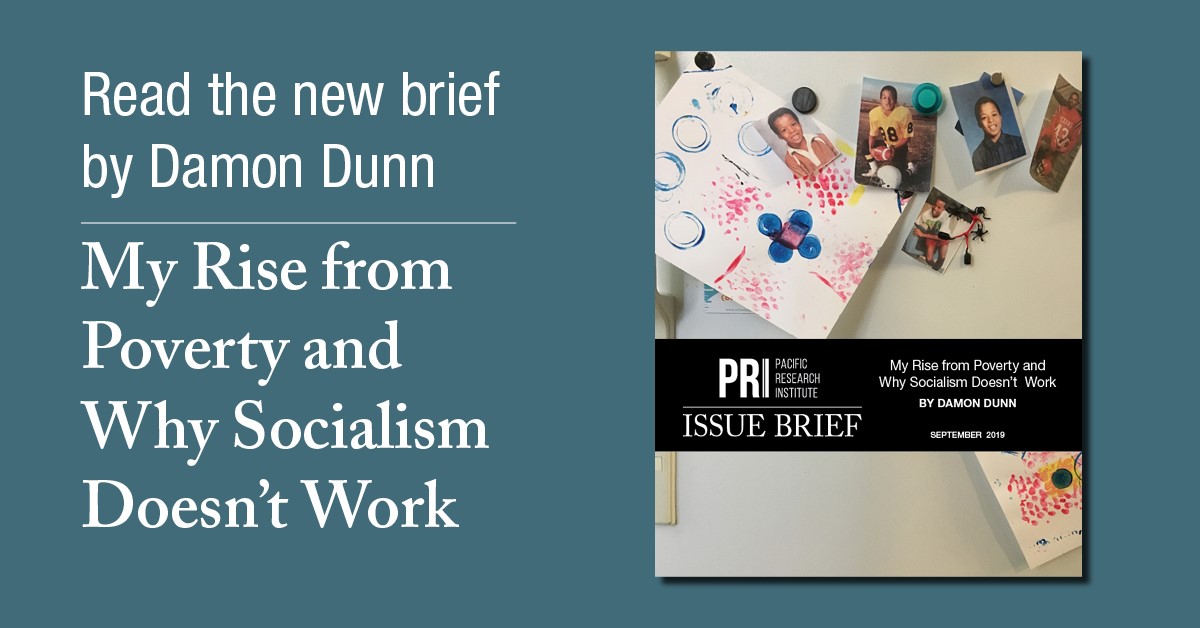A central theme of my previous columns has been the importance and primacy of the individual. Economic policymakers cling to their blackboard models but forget that even for unambiguously “net-positive” interventions, there are millions of people being actively punished by their supposedly representative government.
Government does not legislate prosperity. Achieving real success in modern America for the average person revolves around empowering individuals to get a good job so they can start supporting a family and begin to build and manage generational wealth.
Speaking personally, as the inheritor of a multi-generational legacy of poverty, one of the proudest moments in my life has been establishing a family trust. The skill set that I had the opportunity to develop has allowed me to build assets to prepare my children for their future, perpetuating a virtuous cycle of investment and returns both privately and for our nation at large.
Intelligent investments like the G.I. Bill created similar opportunities for millions of American families to plant the seeds of their own success. These types of investments in individual skills have consistently attracted broad support in our country’s past and should continue to do so in our future.
The path to generational wealth is developing marketable skills and vesting benefits with the person, not the job, so that all people have the means to make a living and a path to cover their necessities.
As evidence of the beneficial effects of skill development, look at the difference in real after-tax income for bachelor’s degree holder’s vs those without a college degree. In 2015, the median earnings of BA/BS degree recipients was nearly $25,000 (or 67%) higher than that for high school graduates. Even more importantly, college graduates got to keep almost $18,000 per year more of this additional income after taxes. Even if only one third of this extra income was saved for retirement from the time of graduation, this would grow to nearly $2 million by the age of retirement.
Further, assuming an 8% annual return, a 25 year-old only needs to put away eight dollars per day to retire a millionaire, and that ignores the value of all other assets besides this investment.
One of the most common and devastating financial fallacies is to ignore the power of compound interest, both for debt and for asset building. Given the overwhelmingly positive benefits associated with getting and holding a job, we must not ignore the 15% advantage in labor force participation enjoyed by college graduates relative to high school graduates.
As powerful as developing skills can be, there is a readily available force multiplier for jump-starting wealth development – marriage. Education unlocks the potential for real, family-tree altering wealth development, most especially when coupled with marriage. For example, two working college graduates married to one another can expect to earn nearly $4.5 million in their lifetime together, minus any investment returns and retirement accounts.
This positive cash flow is a powerful aid to handle the vicissitudes of life, and an equally powerful rebuke to those preaching a message of disempowerment, envy, and despair.
Damon Dunn is a fellow in business and economics at the Pacific Research Institute.

